The Two Faces of Stem Cell Therapy in South Korea: A 2025 Cost & Reality Check
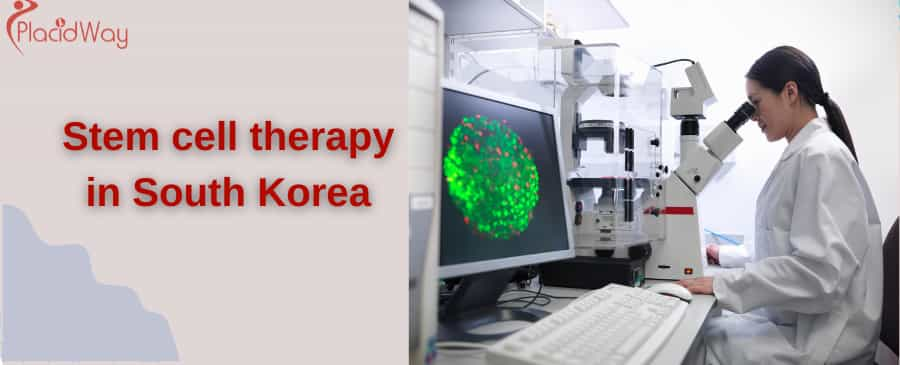
South Korea, a global powerhouse in technology and aesthetics, has firmly established itself as a leader in biomedical innovation. This reputation has naturally extended to the cutting-edge field of regenerative medicine, prompting a significant question from medical tourists worldwide: "How much does stem cell therapy cost in South Korea?" The answer is complex and reveals a crucial duality in the country's medical landscape: a world-class, regulated system for specific, evidence-based therapies on one hand, and a burgeoning, high-end market for unproven "wellness" and "anti-aging" treatments on the other.
Unlike many destinations where stem cell therapy exists in a purely unregulated gray market, South Korea has a sophisticated regulatory body, the Ministry of Food and Drug Safety (MFDS), which has actually approved specific stem cell products for treating certain medical conditions, most notably degenerative knee arthritis. This gives the country a unique legitimacy in the field. Patients seeking these approved treatments are accessing some of the most advanced, scientifically validated regenerative medicine in the world. However, this legitimate expertise has also created a "halo effect," allowing a parallel industry of private clinics to market expensive, unproven intravenous (IV) stem cell infusions for general anti-aging and rejuvenation, which are not approved and not supported by mainstream science.
This comprehensive guide will provide a transparent look at the costs and realities of stem cell therapy in South Korea as of 2025. We will break down the costs for both government-approved medical treatments and unproven anti-aging therapies. We will explain the science, the regulations, and the critical differences between them, empowering you to understand the significant risks and to separate validated medical innovation from speculative, high-cost marketing.
How much does stem cell therapy cost in South Korea?
It is impossible to state a single "average cost" because you are looking at two fundamentally different products. One is a regulated, complex surgical procedure based on years of clinical trials. The other is an elective, direct-to-consumer infusion with no proven medical benefit. The high cost of both is driven by different factors: one by research, development, and hospital care, and the other by marketing, branding, and the high price of an exclusive, speculative product.
Understanding this distinction is the most important step for any patient considering stem cell therapy in South Korea. You must ask: "Am I paying for a scientifically proven treatment for a specific disease, or am I paying for a theoretical 'wellness' therapy?"
What are the costs for government-approved stem cell treatments?
South Korea is one of the few countries in the world to have officially approved a stem cell product for treating knee cartilage defects. The price reflects a complete medical package, which usually includes:
- The cost of the stem cell product itself, which is cultured and processed in a government-regulated lab.
- The surgeon's and hospital's fees for the procedure.
- All necessary diagnostic imaging, such as MRI scans.
- Anesthesia and operating room costs.
- The hospital stay and initial post-procedure rehabilitation.
This is a legitimate medical expense for a specific, evidence-based therapy. Other approved therapies may exist for rare diseases or as part of clinical trials, each with its own specific and high cost structure.
What are the costs for unproven "anti-aging" therapies?
This market operates similarly to high-end luxury wellness services. The price is based on the exclusivity and promise of the treatment, not on proven medical outcomes. The cost typically covers the infusion of a certain "number of millions" of mesenchymal stem cells (MSCs), which are often claimed to be sourced from umbilical cord tissue. These packages are offered by private clinics and are positioned as a way to "rejuvenate," "restore vitality," and "reverse cellular aging." It is crucial to understand that these claims are not supported by credible scientific data.
What is the difference between approved vs. unproven therapies?
This is the central issue for any patient to consider. Here is a direct comparison:
| Feature | Approved Medical Therapy (e.g., Knee) | Unproven "Anti-Aging" Therapy |
|---|---|---|
| Goal | Treat a specific, diagnosed disease. | Vague "wellness" and "rejuvenation." |
| Scientific Evidence | Supported by years of clinical trial data. | Based on theory and anecdotes; lacks robust data. |
| Regulation | Officially approved by the MFDS as a drug/biologic. | Not approved for this purpose; operates in a gray area. |
| Provider | Specialist doctors in major accredited hospitals. | Private "wellness" or "regenerative" clinics. |
Why is South Korea a popular destination for this treatment?
The country's legitimate success in research and in the aesthetics industry creates a strong "halo effect." Patients associate the "Made in Korea" brand with quality and cutting-edge science. Clinics offering unproven wellness therapies leverage this reputation to market their services to a global audience. They present themselves as part of this innovative ecosystem, even if the specific treatments they offer are not part of the regulated, evidence-based system.
What are the risks of pursuing unproven stem cell therapy?
The International Society for Stem Cell Research (ISSCR) strongly advises patients to be cautious of clinics offering cures for which there is no scientific proof. The primary risks include:
- Medical Risks: When you receive a cellular product that has not been approved by a regulatory body like the MFDS or FDA, there are no guarantees of its safety, purity, dose, or even its authenticity.
- - Financial Risk: Paying a large sum of money for a procedure that has no proven benefit is a major financial risk. This money is often diverted from evidence-based health and wellness practices.
Navigating the world of regenerative medicine requires careful research and a healthy dose of skepticism. For evidence-based medical procedures offered by a global network of accredited hospitals, you can explore vetted options on PlacidWay and ensure you are making decisions based on science, not just hope.


.png)




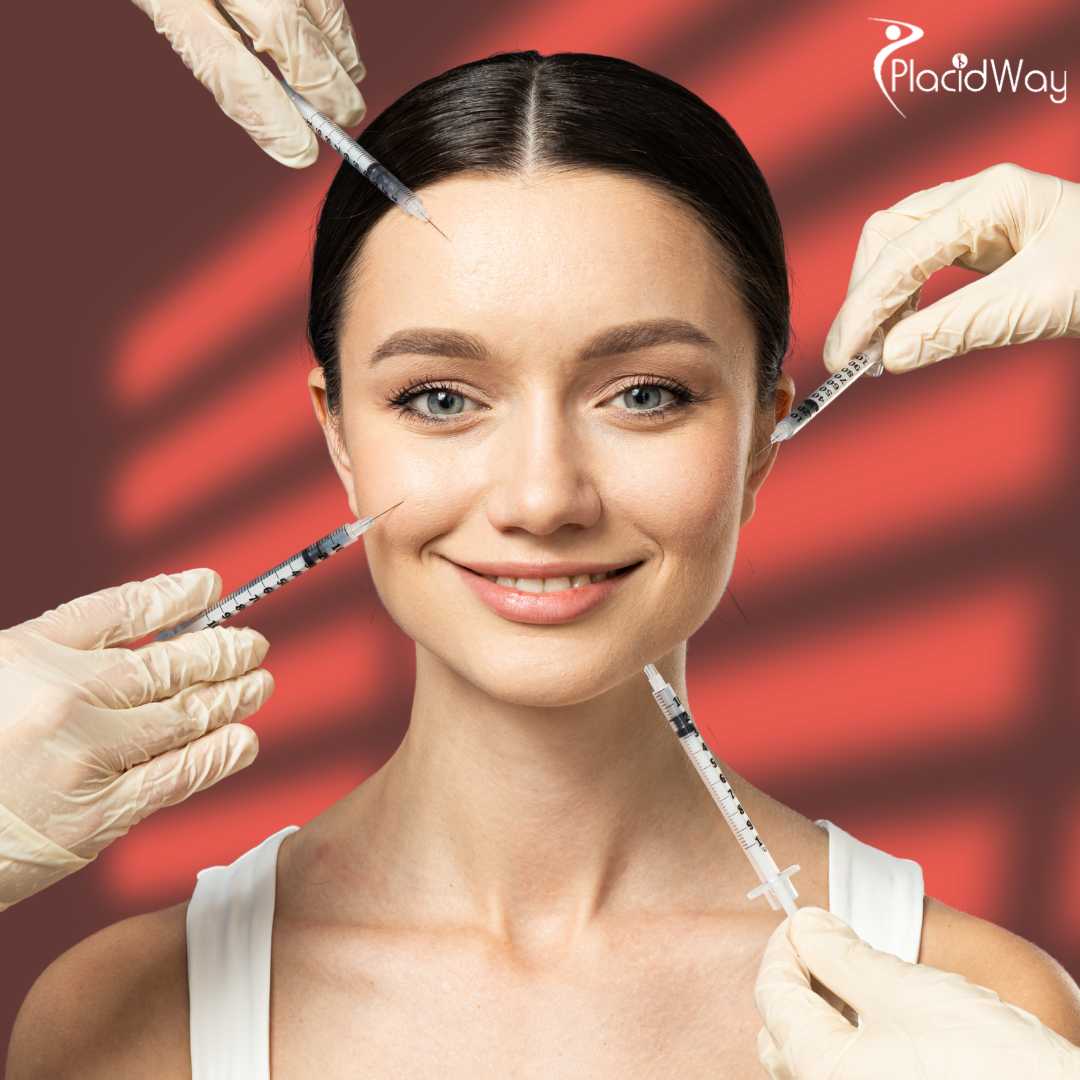

.png)

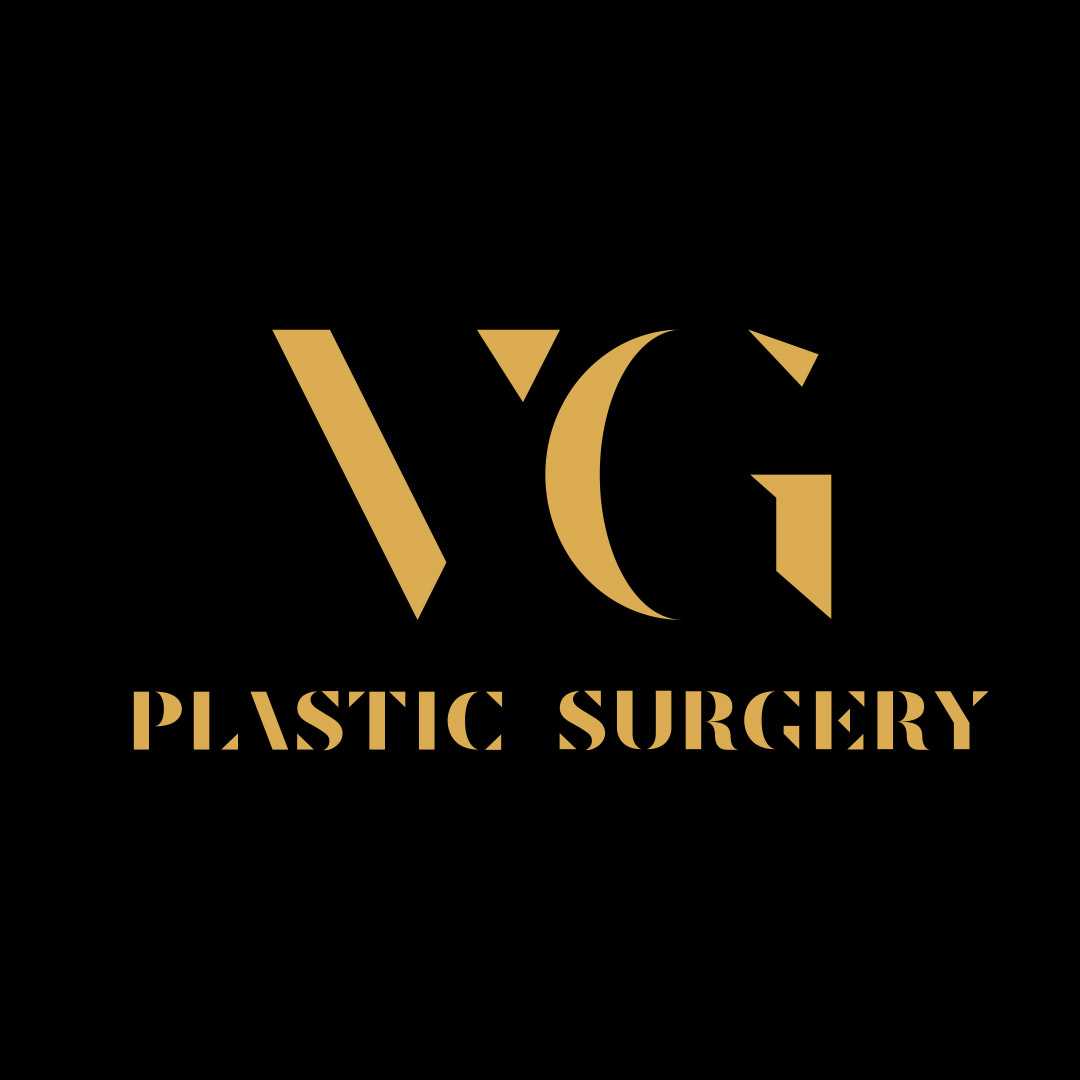

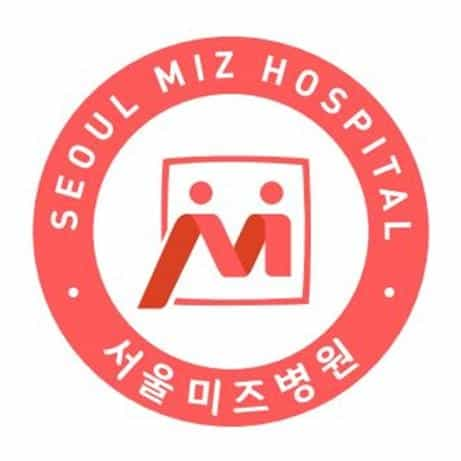
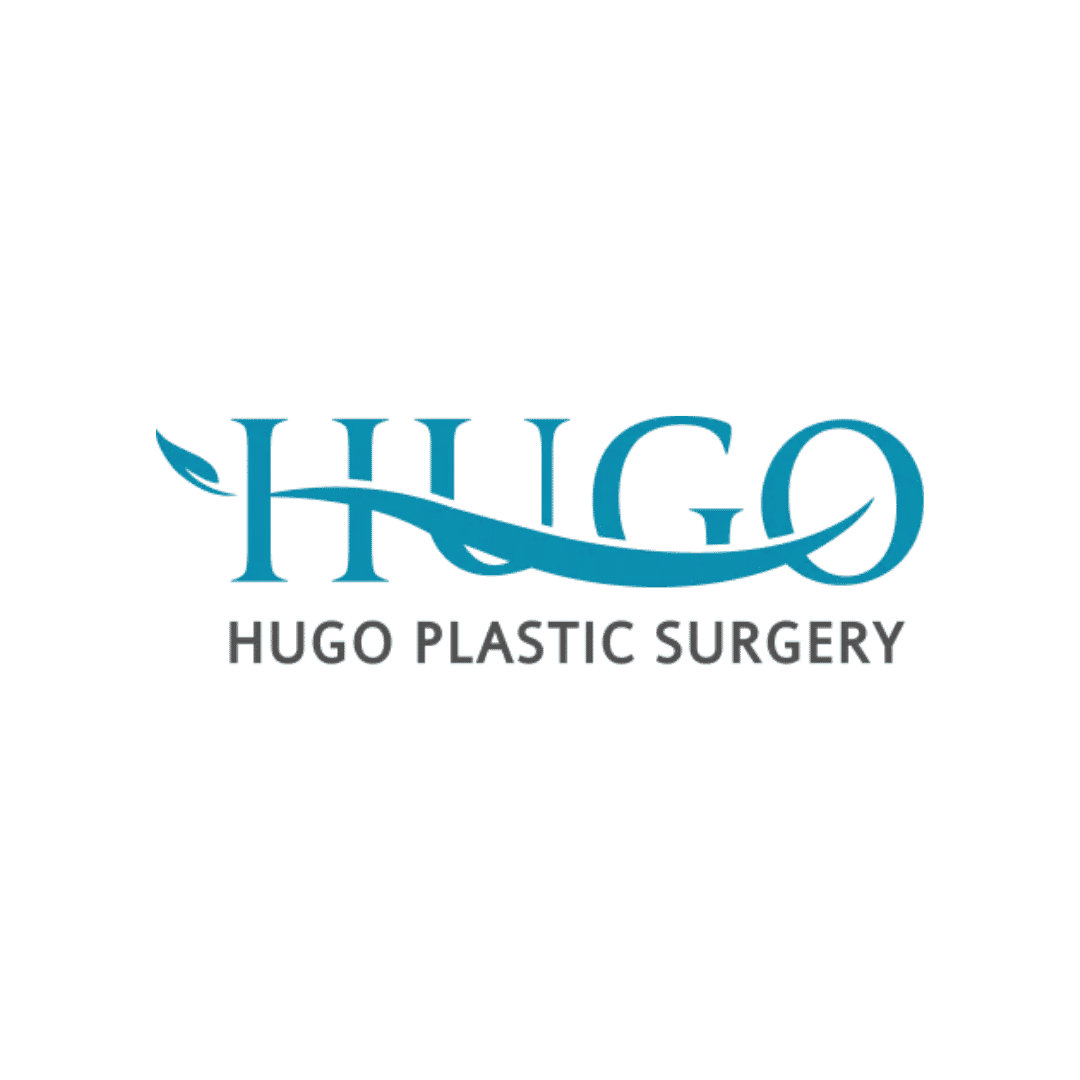
.png)

Share this listing